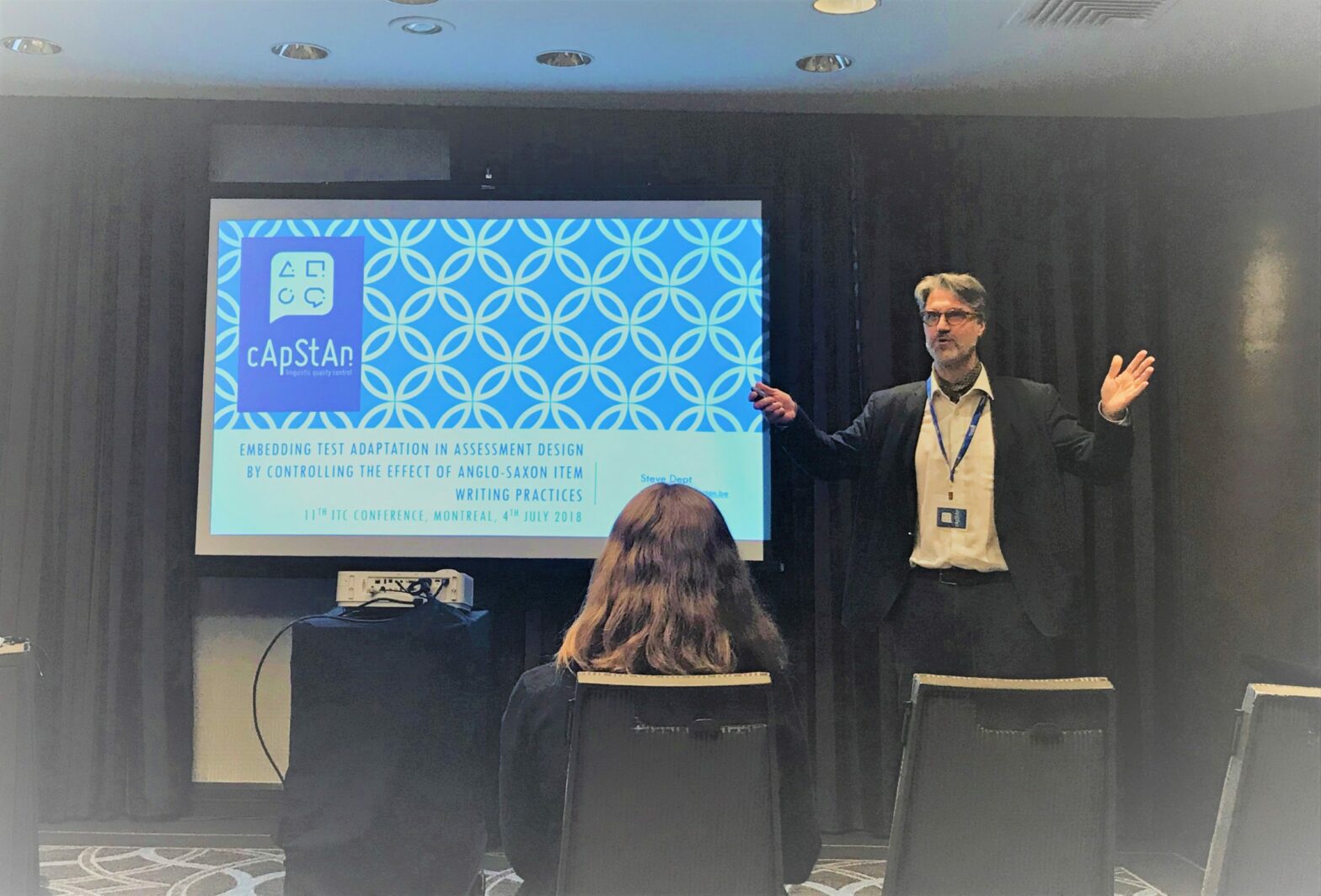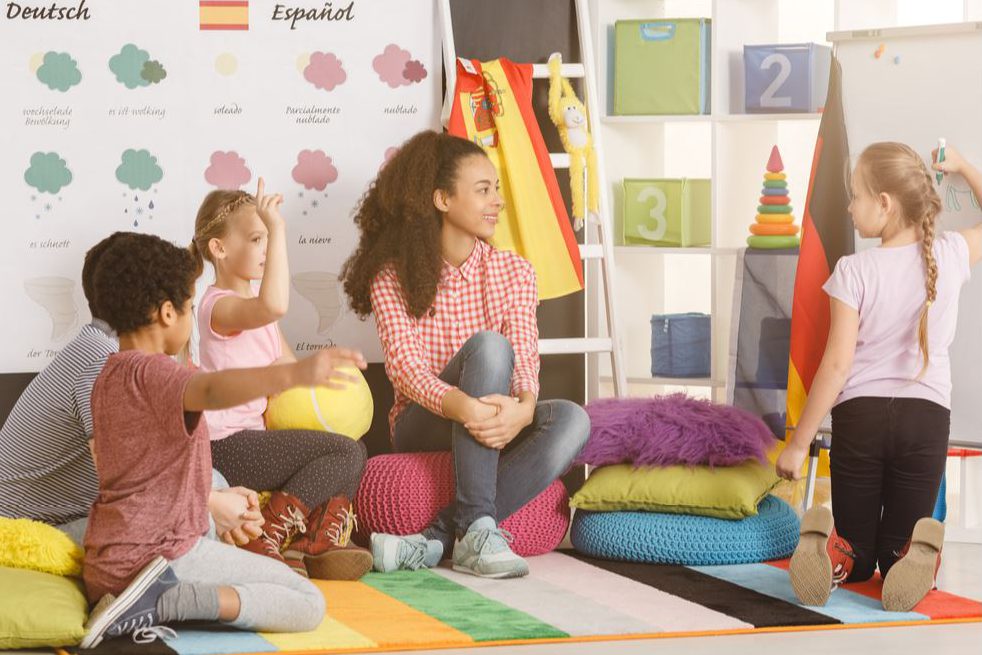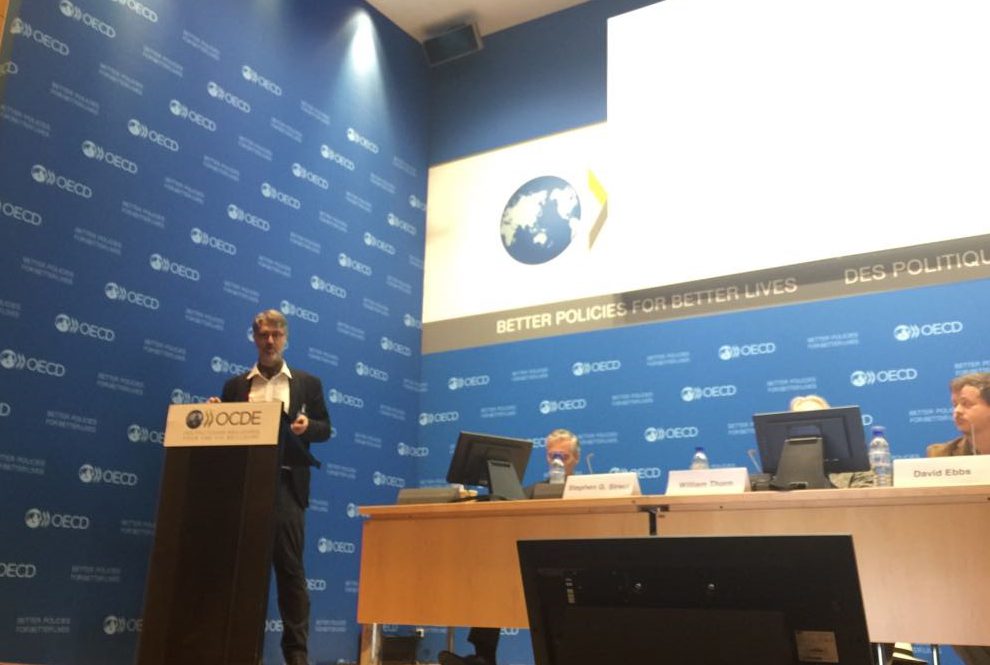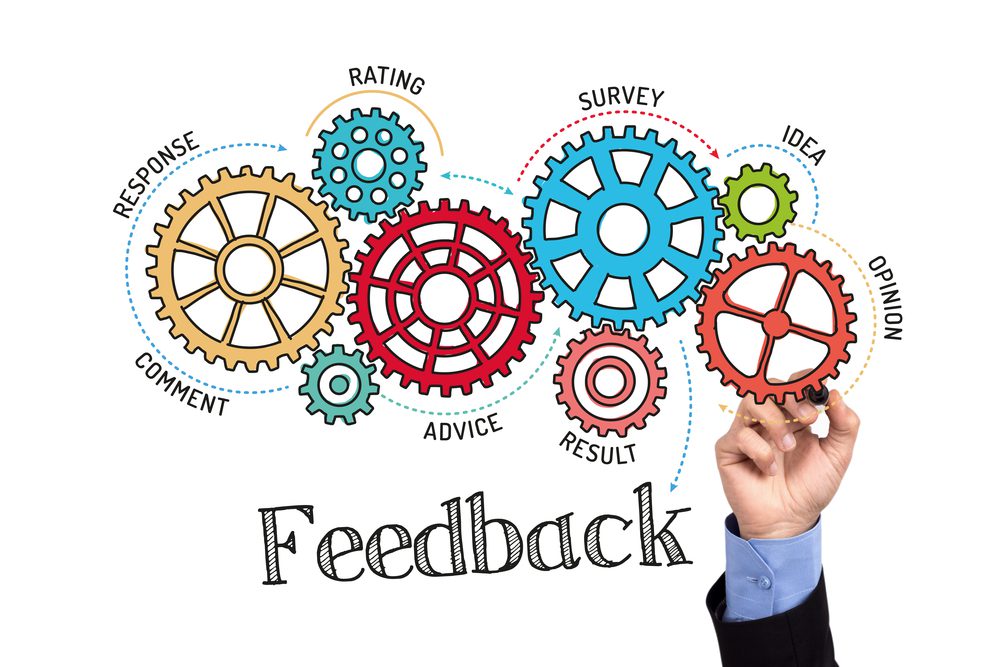Category Archives: Education

11th Conference of the International Test Commission
by Steve Dept – cApStAn partner The International Test Commission (ITC) is a closely-knit community of researchers and field practitioners who share their work with one another, set up joint research projects and, perhaps most importantly, pool resources to define, streamline and promote best practices in testing. The ITC Guidelines for Translating and Adapting Tests …
“11th Conference of the International Test Commission”
Read More
New research shows academic benefits of multilingualism in children
by Pisana Ferrari – cApStAn Ambassador to the Global Village Recent research from New York and Oregon State Universities shows that multilingual students make academic gains in reading and mathematics at double or triple the rates of their English-only-speaking peers. The research is co-authored by Karen Thomson, Assistant Professor, College of Education, Oregon State University, …
“New research shows academic benefits of multilingualism in children”
Read More
World’s first blockchain university set to become “the Airbnb of degree courses”
by Pisana Ferrari – cApStAn Ambassador to the Global Village Academia with a vision? Are we breaking the traditional codes that open doors to the realm of the intellectual elite? This blockchain university project is “geographically agnostic,” prioritizing a “borderless” academic community over local or national ties. Lower tuition fees for students? Less red tape? …
“World’s first blockchain university set to become “the Airbnb of degree courses””
Read More
Looking at Comparability from the Vantage Point of Translation and Adaptation
by Steve Dept – cApStAn partner When either the OECD or GESIS—the Leibniz Institute for Social Sciences—organise a methodological seminar, it is an opportunity to learn something from authoritative sources and to test one’s working assumptions with experts from the field. When OECD and GESIS join forces to organize such a seminar, one knows in …
“Looking at Comparability from the Vantage Point of Translation and Adaptation”
Read More
Incorporating “digital citizenship” lessons in school curricula
by Pisana Ferrari – cApStAn Ambassador to the Global Village In this interesting article for EdTech magazine, digital citizenship is defined as ” a set of responsibilities all internet users should practice”. The issue of digital citizenship is gaining momentum worldwide and, given the early age at which children start to use internet, it has …
“Incorporating “digital citizenship” lessons in school curricula”
Read More
What did large scale assessments add to our understanding of adult literacy?
by Pisana Ferrari – cApStAn Ambassador to the Global Village Irwin Kirsch is the highly respected Project Director for PIAAC, the OECD Programme of International Assessment of Adult Literacy. PIAAC measures adults’ proficiency in key skills such as literacy, numeracy and problem solving. In a recent interview (see link below) Kirsch says that assessments such …
“What did large scale assessments add to our understanding of adult literacy?”
Read More
Expanding the traditional focus on cognitive skills to embrace social and emotional ones
by Pisana Ferrari – cApStAn Ambassador to the Global Village The challenges posed by our current fast-paced, mobile, complex and multicultural world require using increasingly diverse sets of skills. Studies such as the Programme for International Student Assessment (PISA) and the Programme for the International Assessment of Adult Competencies (PIAAC), have shown that social and …
“Expanding the traditional focus on cognitive skills to embrace social and emotional ones”
Read More
International large-scale assessments and their impact on national school curricula
by Pisana Ferrari – cApStAn Ambassador to the Global Village Education and school curricula are not immune from the forces and impact of globalisation, says Oliver Stacey, the author of an interesting article in the National Foundation for Educational Research (NFER) blog. He adds that perhaps the most obvious example of this is the influence …
“International large-scale assessments and their impact on national school curricula”
Read More
How rapid feedback on assessments could help enhance teaching
by Pisana Ferrari – cApStAn Ambassador to the Global Village Data from current and past tests and assessments, class room behaviour, student retention, etc., are an important resource in evaluating the quality of educational programs and services and identifying areas for improvement. An interesting article in the ACT blog looks at the results of a …
“How rapid feedback on assessments could help enhance teaching”
Read More
Revitalising multiple choice questions for the digital age
by Pisana Ferrari – cApStAn Ambassador to the Global Village Multiple choice questions (MQCs) have been the traditional way of testing for generations, and have not changed substantially since they were first introduced, over a century ago, by Frederick Kelly*. His “Kansas Silent Reading Test” was possibly the first (timed) reading test that could be …
“Revitalising multiple choice questions for the digital age”
Read More
“Personalised” or standardized testing?
by Pisana Ferrari – cApStAn Ambassador to the Global Village While cApStAn has collected empirical data on cross-language comparability of standardized test items, and recognises the value of standardized testing, we acknowledge that the approach described in this article is fascinating. According to the author there will always be a place for standardised testing but …
““Personalised” or standardized testing?”
Read More
Is monolingualism “the illiteracy of the 21st Century”?
by Pisana Ferrari – cApStAn Ambassador to the Global Village Is it still acceptable, in a world which is increasingly connected, mobile and multicultural, to only speak one language? Fabrice Jaumont*, author of the “The Bilingual Revolution, the Future of Education is in Two Languages”, opened his keynote speech at the US Language Advocacy Day …
“Is monolingualism “the illiteracy of the 21st Century”?”
Read More